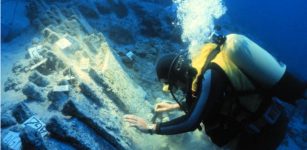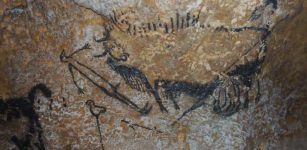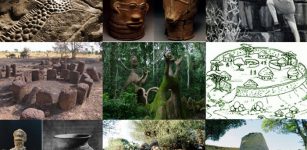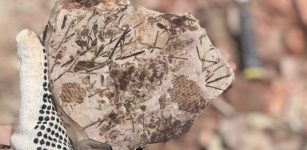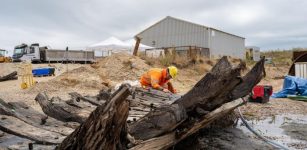Teaching Is Not Essential For People To Learn How To Make Tools, Study Says
AncientPages.com - Although teaching is useful, it is not essential for cultural progress because people can use reasoning and reverse engineering of existing items to work out how to make tools, according to a new study from the University of Exeter.
Human tools and technologies improve from generation to generation and point to an explanation for the extraordinary success of humans as a species, researchers say.
To test their idea, the researchers asked groups of people to build rice baskets from everyday materials.
- Some people made baskets alone, while
- others were in ’transmission chain’ groups, where each group member could learn from the previous person in the chain either by imitating their actions, receiving teaching or simply examining the baskets made by previous participants.

Teaching produced the most robust baskets but after six attempts all groups showed incremental improvements in the amount of rice their baskets could carry. Photo credits: Lanternmoon
The capacity to improve the efficacy of tools and technologies from generation to generation, known as cumulative culture, is unique to humans and has driven our ecological success. It has enabled us to inhabit the coldest and most remote regions on Earth and even have a permanent base in space. The way in which our cumulative culture has boomed compared to other species however remains a mystery.
Teaching produced the most robust baskets but after six attempts all groups showed incremental improvements in the amount of rice their baskets could carry.
“Our study helps uncover the process of incremental improvements seen in the tools that humans have used for millennia. While a knowledgeable teacher clearly brings important advantages, our study shows that this is not a limiting factor to cultural progress," Dr Alex Thornton from the Centre for Ecology and Conservation at the University of Exeter’s Penryn Campus in Cornwall said.
"Humans do much more than learn socially, we have the ability to think independently and use reason to develop new ways of doing things. This could be the secret to our success as a species.”
Research is published in Scientific Reports
AncientPages.com
source: University of Exeter



